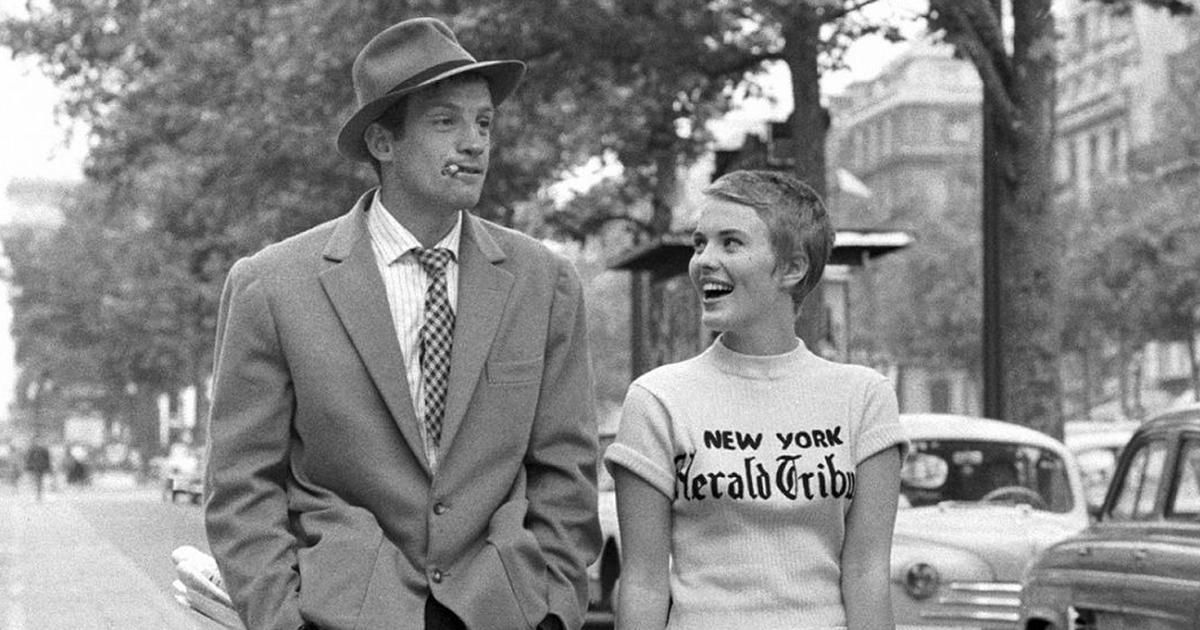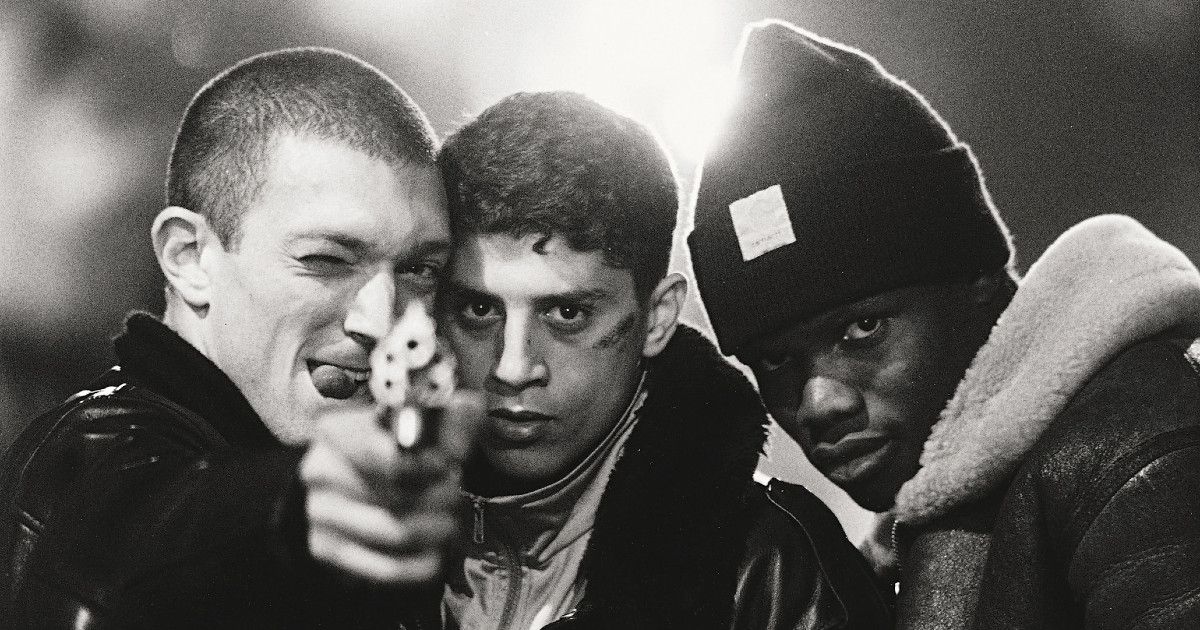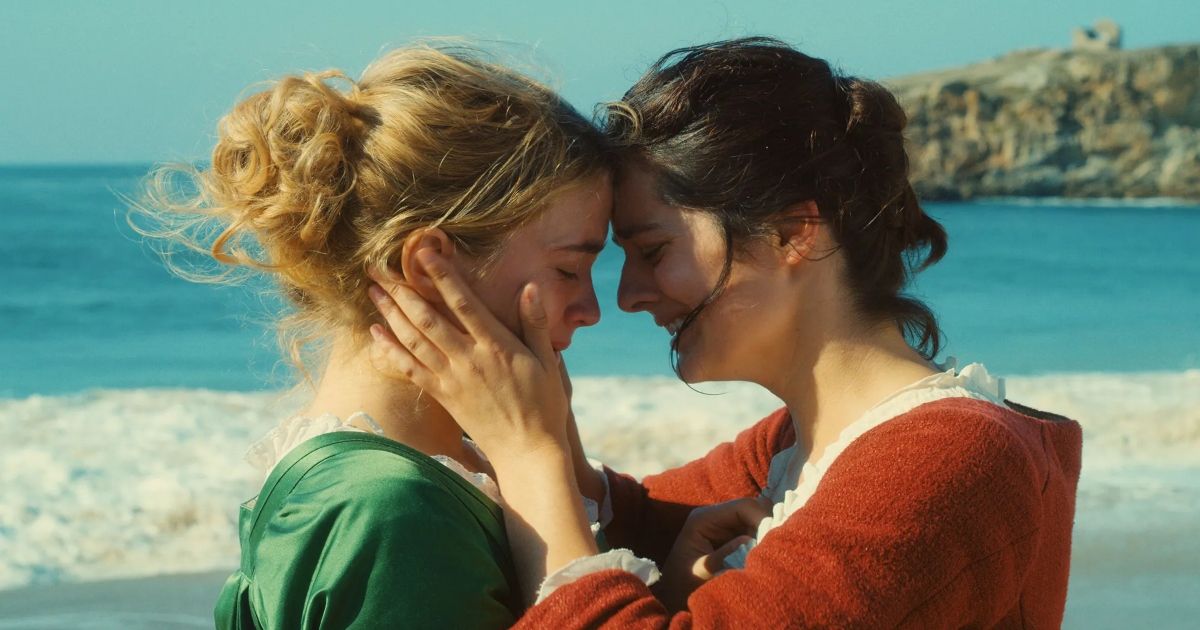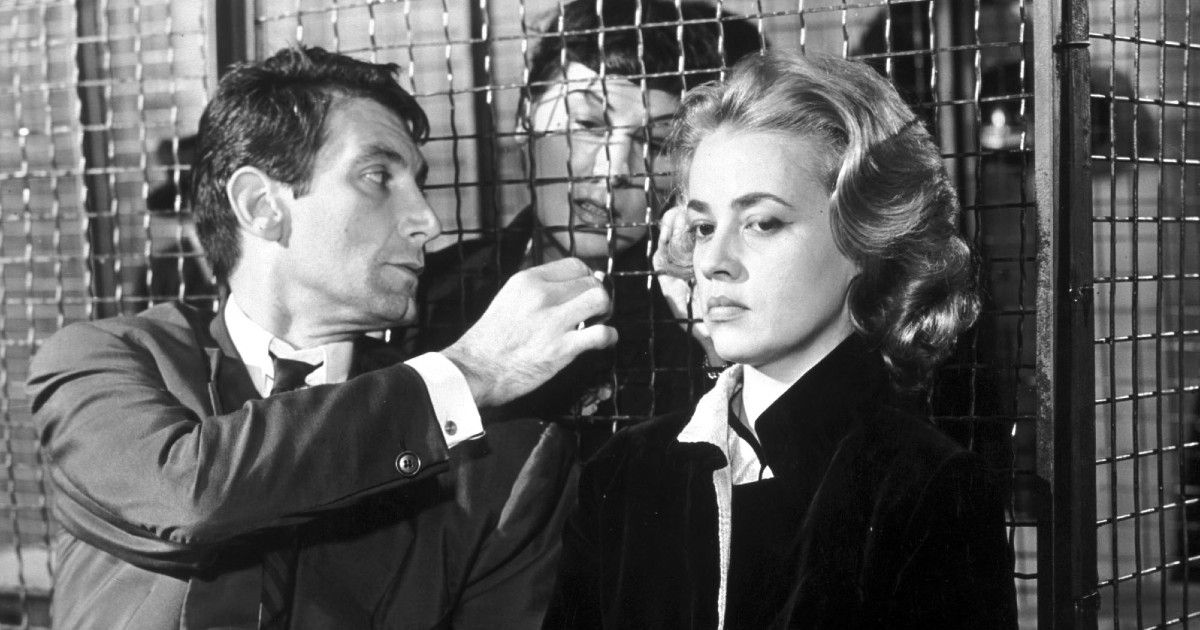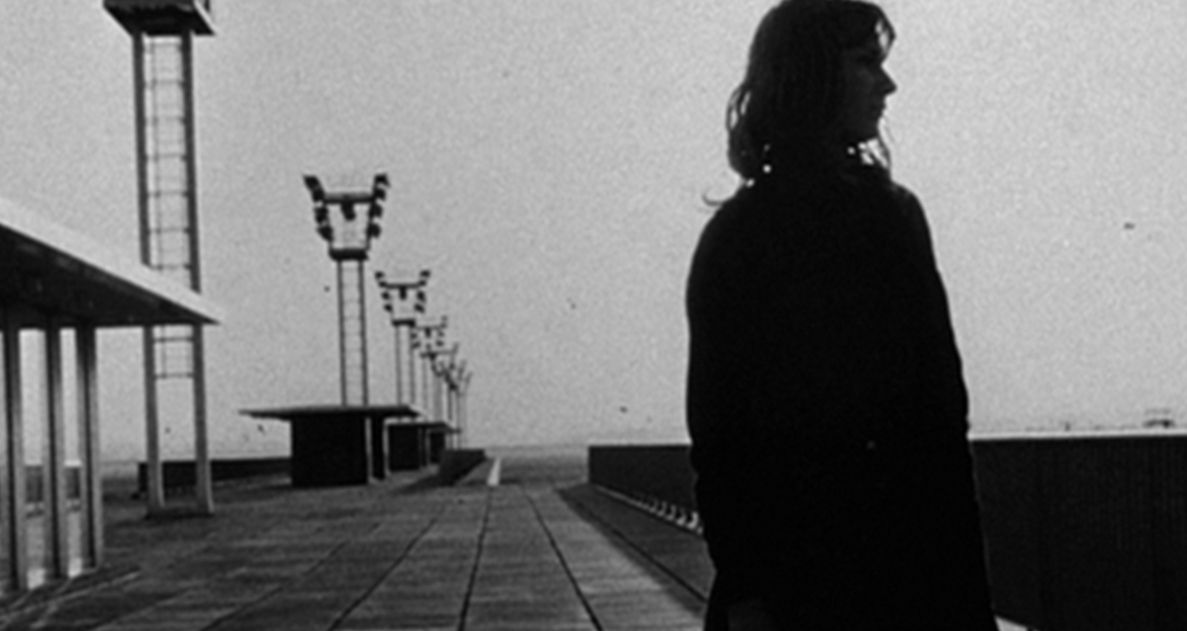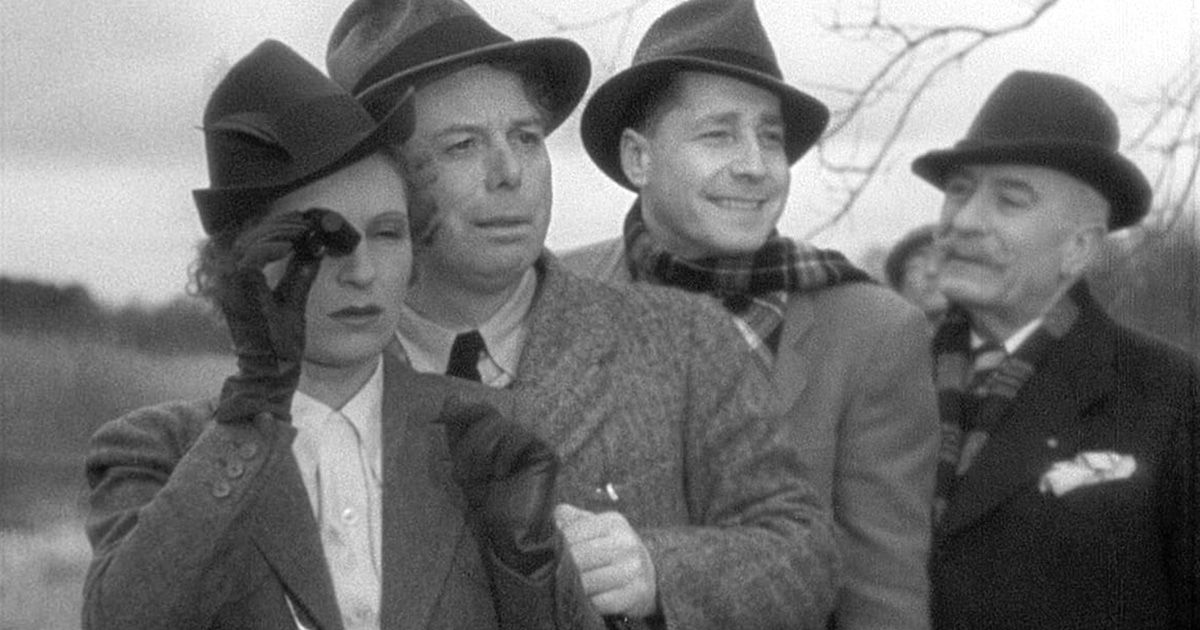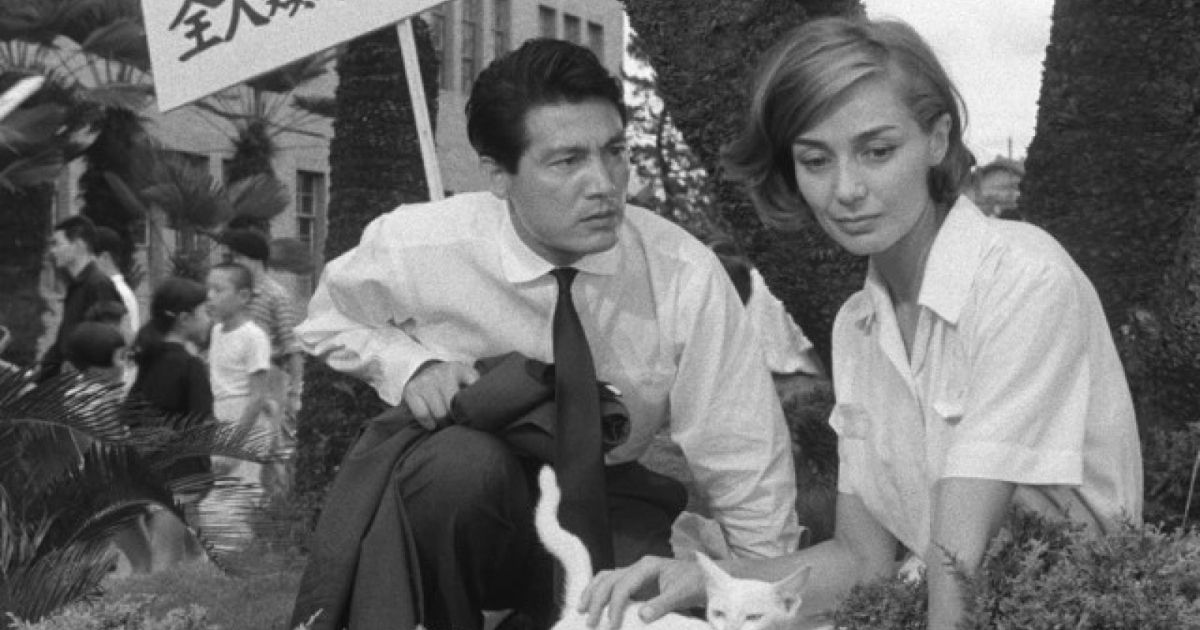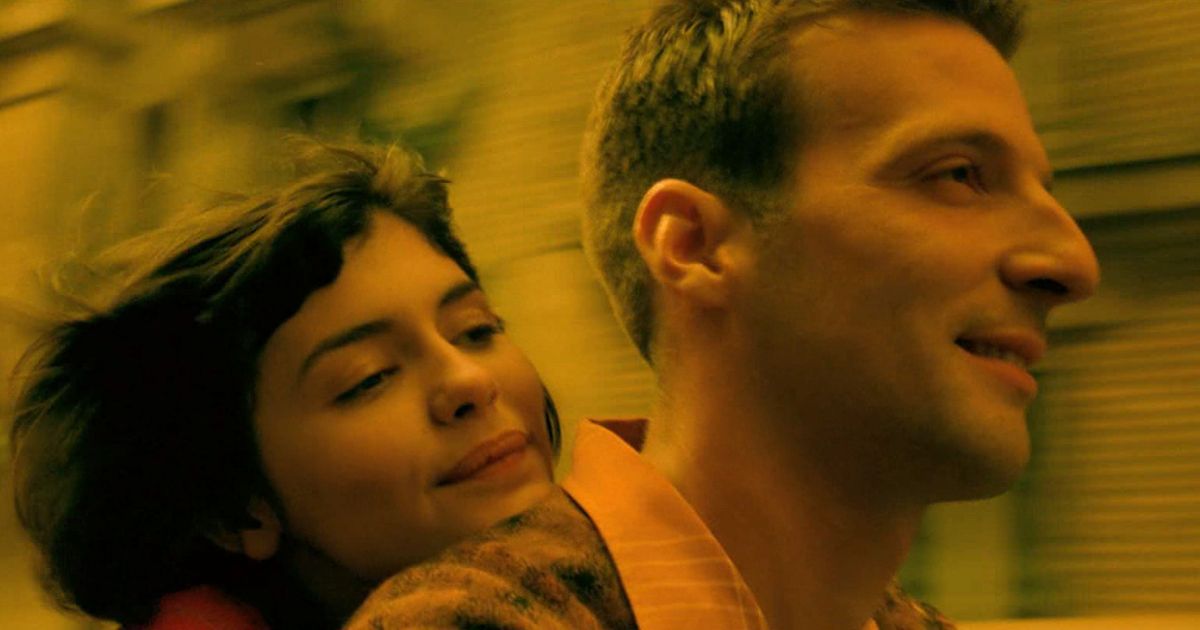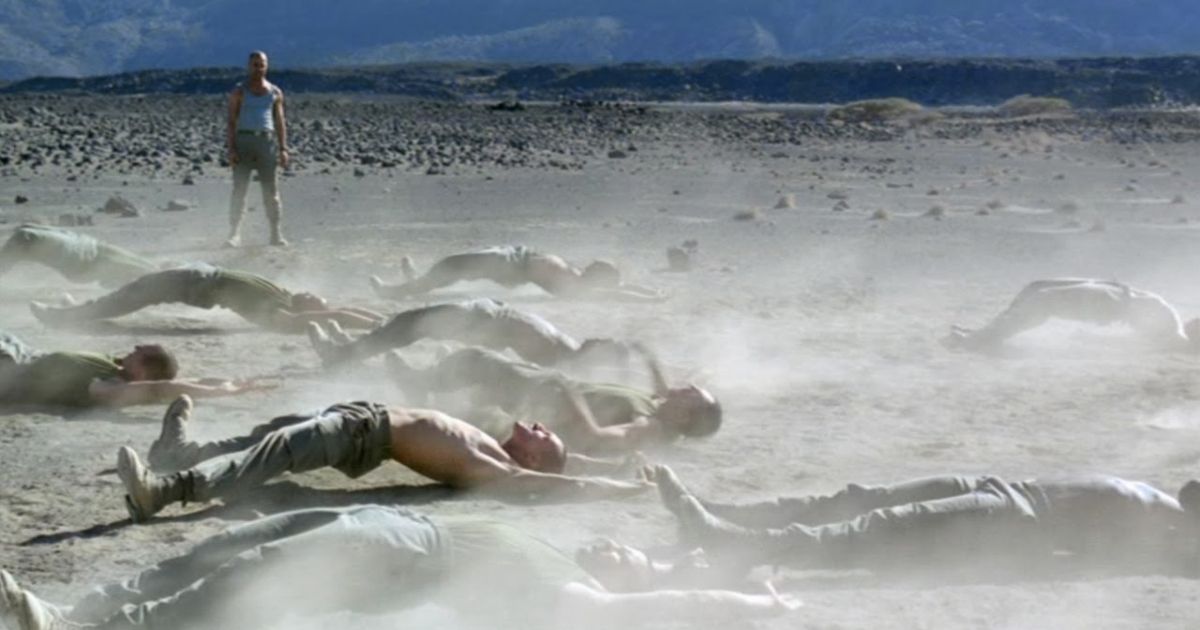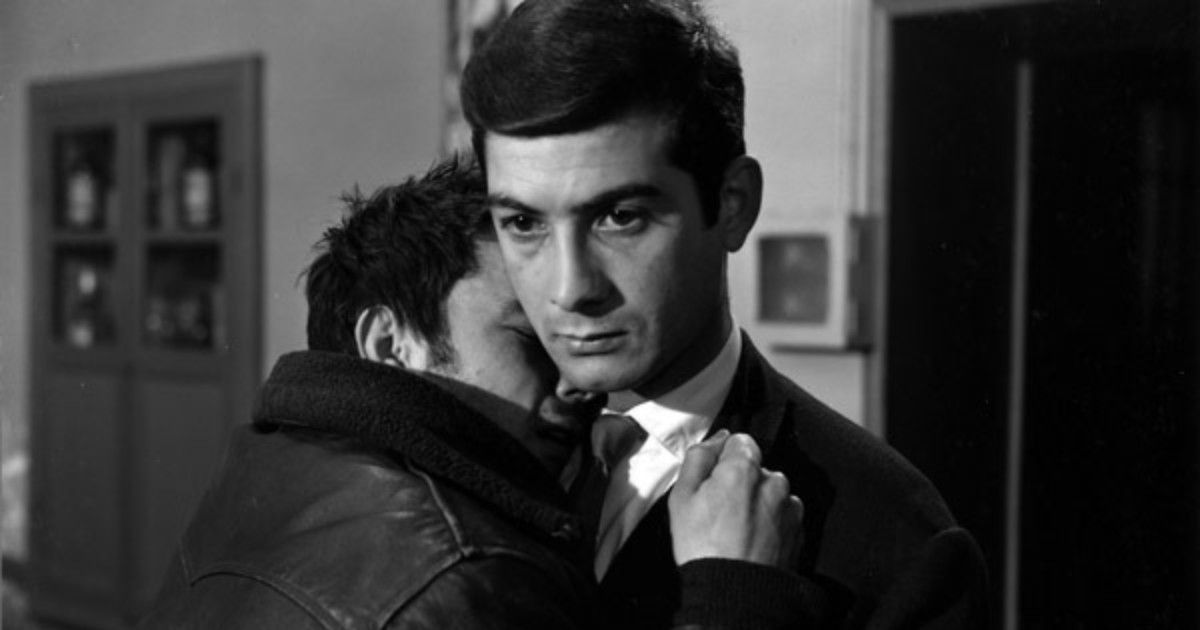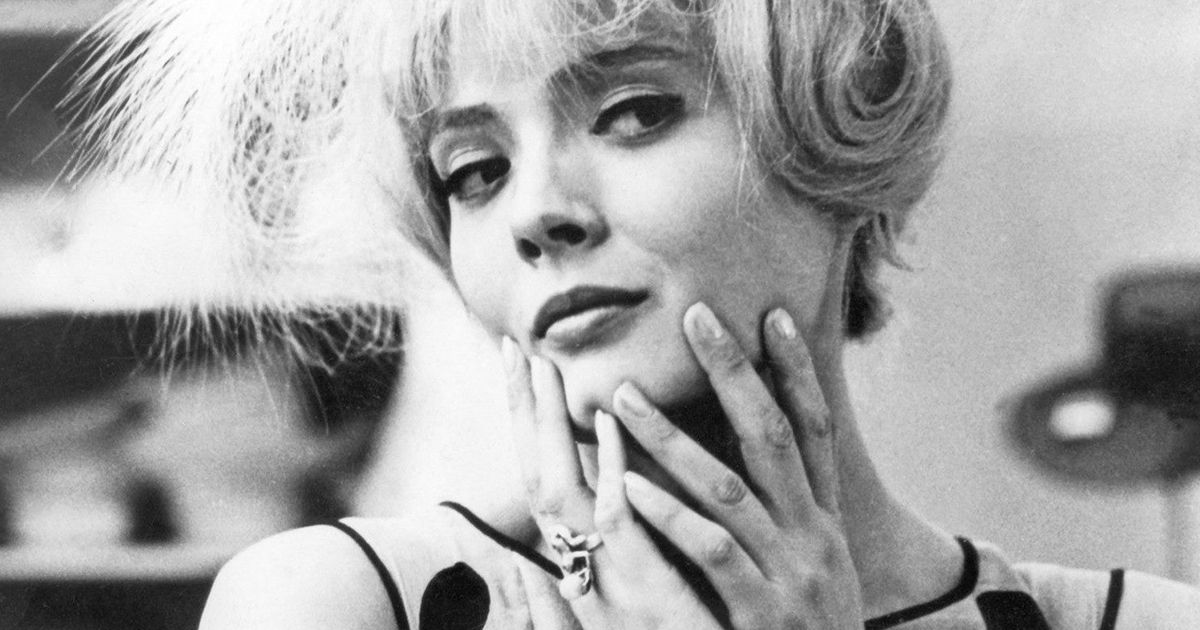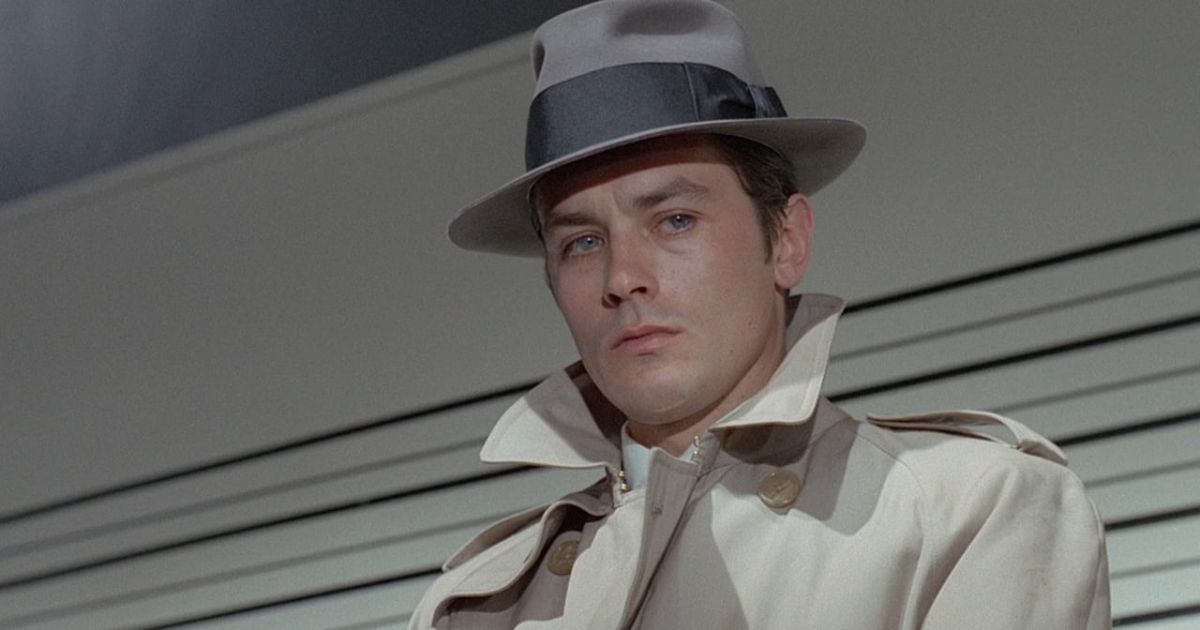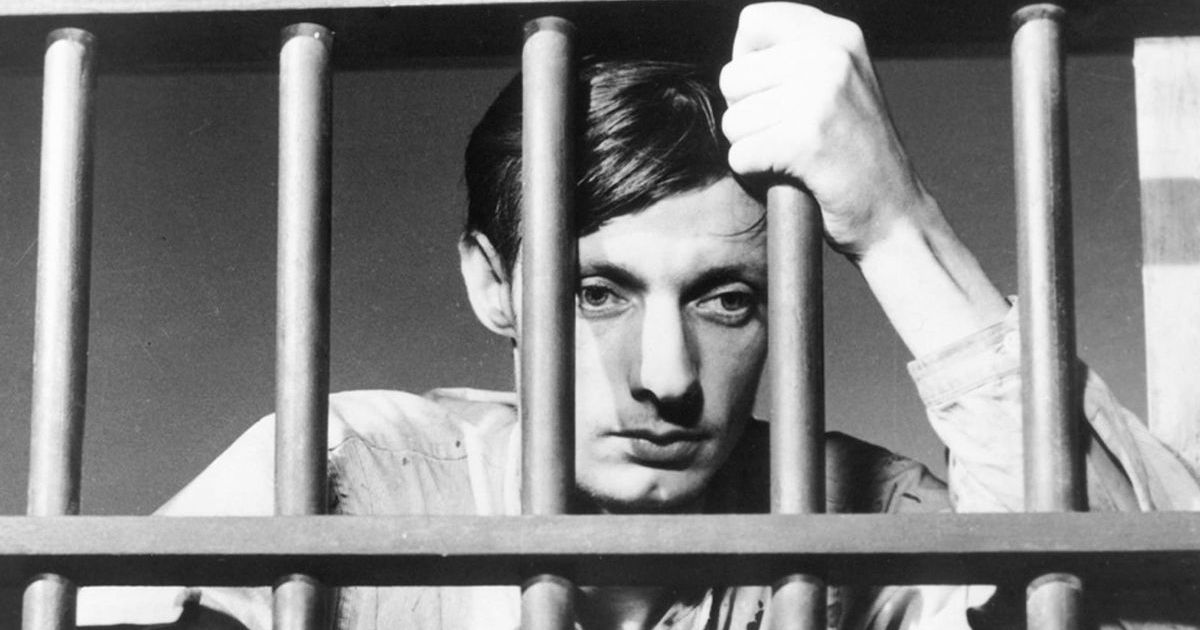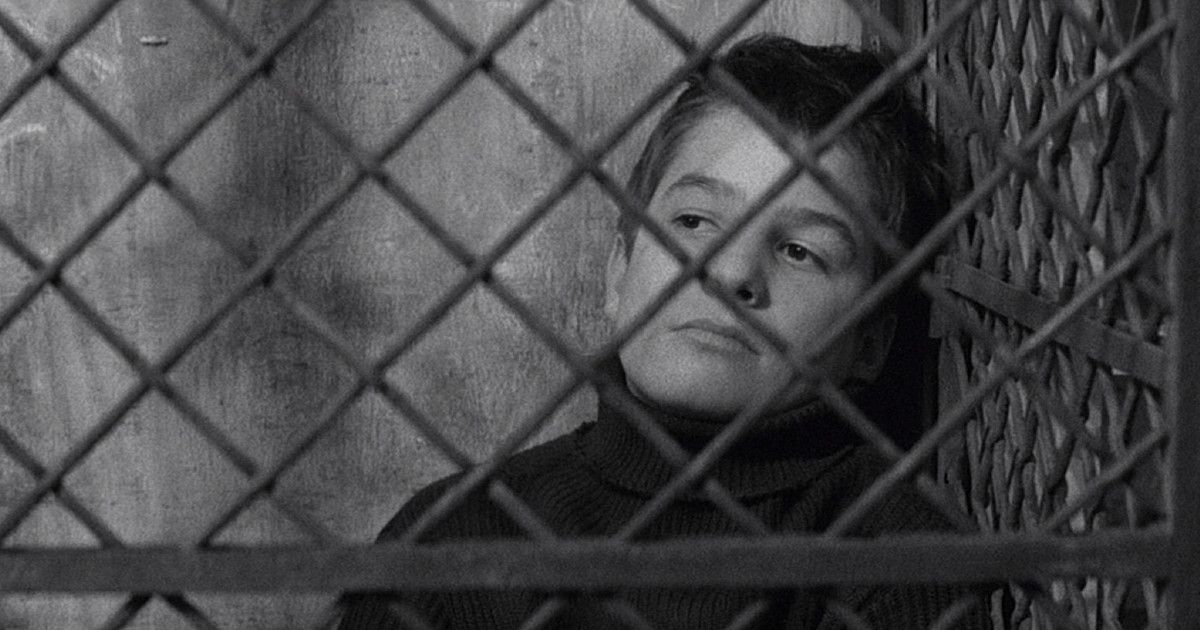These are some of the most creative and inspirational filmmakers to ever live, regardless of region, with their respective masterpieces going down among France’s most important films, period. These writer-directors influenced filmmakers across the world from the work of Jean Reunet in the 1930s to the modern masterpieces of Matthieu Kassovitz and Claire Denis.
Sure, some of these names will appear unfamiliar to American audiences, but there’s a solid chance you’ll recognize a name or two along the way. If not, familiarizing yourself with their work could affect you just as profoundly as it did millions of others. All that said, these are the fourteen best French filmmakers of all time, ranked.
14 Matthieu Kassovitz
On one end of the qualitative spectrum, Matthieu Kassovitz created La Haine (1995), which is among the most acclaimed projects to ever come from France regardless of era or director. That masterclass of storytelling warrants him a spot on this list by itself. Filmed in black and white, it follows a day in the life of three friends from a poor Parisian suburb navigating the social corruption thereof. And, it's pretty much perfect.
But on the other end of the aforementioned spectrum, Kassovitz directed and co-wrote a qualitative dud in Babylon A.D. (2008), an international co-production between France, the United Kingdom, and the United States. A science fiction stint with Vin Diesel and Michelle Yeoh, it had all the makings of a hit with Kassovitz at the helm. But it truly mars his spot on the list, and even fans of his masterful crime drama La Haine would have to agree.
13 Céline Sciamma
By far, the most prominent film from Céline Sciamma would have to be Portrait of a Lady on Fire (2019), as it was nominated across the board of award associations for Best Foreign Language Film. And despite coming up short for the Palme d’Or, the film won Sciamma the Best Screenplay Award at the 2019 Cannes Film Festival. And justifiably so.
It tells the story of a painter who begins having an affair with an aristocrat she was hired to paint the titular portrait of. It excels with every fathomable facet of filmmaking — as do her earlier works such as Girlhood (2014) and My Life as a Courgette (2016). Without a doubt, though, Portrait of a Lady on Fire should go down as her masterpiece.
12 Louis Malle
Off the bat, Louis Malle has two films most prominently worth noting: Elevator to the Gallows (1958), a French-language thriller, and My Dinner With Andre (1981), an English-language project written by and starring André Gregory and Wallace Shawn. The latter's plot revolves around their conversation over dinner at Café des Artistes in Manhattan.
It’s fantastic despite its paucity of plot, driven by well-written dialogue. For the most part, the same can be said for Elevator to the Gallows. On top of its dulcet dialogue, one incredible element worth noting is its improvised soundtrack from American musician Miles Davis. His music established a brilliant tone from the get-go. But Elevator to the Gallows is also noteworthy as it is considered one of the earliest works from the French New Wave. And for this list, you'd best get used to that film movement.
11 Chris Marker
If you’re unfamiliar with the French New Wave film movement, you should without a doubt be better acquainted with the filmmakers featured therein by the time this list is complete. The movement was separated into two subsets: The Right Bank, and The Left Bank. And with regard to Chris Marker, he was a prominent member of the latter.
His standout project is La Jetée (1962), a science fiction featurette (it clocks in at 28-minutes long) constructed almost entirely from still photos. It was highly influential for that value of production. But Marker also had projects such as A Grin Without a Cat (1977) and Sans Soleil (1983) under his directorial belt, which only bolsters his spot on this list. The eighth spot is the perfect fit.
10 Jean Renoir
A one-hit wonder, to some degree, Jean Renoir is most commonly associated with his seminal release, The Rules of the Game (1939). It came out amid what was arguably the greatest year in cinema history, with Renoir’s mastery of general storytelling and filmmaking bolstering the year’s overall standing in the grand scheme of Hollywood and beyond.
The Rules of the Game follows a hunting party where several seemingly unrelated storylines intertwine and in tandem come to a conflicting head. Sure, Renoir had other projects worth writing home about throughout his critically acclaimed career. But his work on the aforementioned piece is considered among the most impressive efforts ever made in film. It’s cited among the best movies ever made, in other words, and singlehandedly lands Renoir on this list.
9 Alain Resnais
Along with two filmmakers that appear later in the list, Alain Resnais released one of three films that brought international recognition to the motion pictures of France: Hiroshima, My Love (1959). It follows a Japanese architect and a French actress as they share a conversation over the span of twenty-four hours. It’s gripping, too, with enough innovation to cover the curriculum of a film course.
The director at hand utilized flashbacks in Hiroshima, My Love to create one of the most prominent early examples of a nonlinear storyline in film. Resnais was part of the French New Wave, with his seminal release being considered one of the most important projects to stem from Left Bank Cinema. There’s no denying his spot on this list, even with that project alone.
8 Jean-Pierre Jeunet
Throughout the 1990s, two separate projects from Jean-Pierre Jeunet garnered widespread acclaim from critics and audiences alike: Delicatessen (1991), most notably, along with The City of Lost Children (1995). Both were co-written and -directed with Marc Caro, and truly put the creatives on the map of prominent filmmakers from France.
Then, there’s Amélie (2001), which doesn’t just separate him from Caro and their works together, but singles him out as one of the greatest filmmakers that France has ever produced. Delicatessen and The City of Lost Children marked the beginning for Jeunet in terms of international fame, and Amélie propelled his popularity to exponential extents. It garnered nominations for Best Original Screenplay and Best Foreign Language Film at the 74th Academy Awards, and while he came up short with both, not many filmmakers can boast those types of accolades. Jenuet stands out in that regard.
7 Claire Denis
Thanks mainly to Beau Travail (1999), French filmmaker Claire Denis is easily among the most respected creatives working in the industry today. That seminal work from Denis is loosely based on Billy Budd, an 1888 novella by Herman Melville. But the film takes the story to new heights, following Adjudant-Chef Galoup of the French Foreign Legion as he finds himself at odds with Commandant Bruno Forestier.
It received widespread acclaim in the United States, and is among the most important French films ever made. She of course has other high-quality titles under her directorial belt, though, such as Trouble Every Day (2001), 35 Shots of Rum (2008), and High Life (2018). The last of those three is an English-language science-fiction horror film starring Robert Pattinson. It truly showcases the range of Denis, and helps to land her here at number six.
6 Claude Chabrol
This could be a hot take for some fans of French cinema, not placing Claude Chabrol at least within the list’s top five. Le Beau Serge (1958) transcends his filmography to new heights by itself if not for its innovation alone, not to mention its general quality. A classic of the industry in general, it’s commonly considered the first ever project from France’s New Wave. Sure, in hindsight, a lot of films from that era are cited by industry pundits as the “first” in the movement’s history. But before anything else, Le Beau Serge held that title.
In the subsequent decades, he began collaborating with his wife Stéphane Audran — whom he married in 1964 — with projects such as Les Biches (1968), La Femme infidèle (1969), and Le Boucher (1970). But none of those quite stack up in quality to his debut.
5 Agnes Varda
The most famous creative from the Left Bank of the French New Wave, the filmmaker at hand released her masterpiece in the early years of the movement by way of Cléo from 5 to 7 (1962). It follows a young singer named Florence “Cléo” Victoire as she awaits the results of her cancer diagnosis. Its premise hits home on nearly every imaginable level of emotion, and is overall considered one of France’s most important features, regardless of director, genre, or era.
Sure, Agnes Varda has other motion pictures worth noting such as La Pointe Courte (1955) in her directorial debut. That particular project is among the earliest ever releases from France’s New Wave, and although Cléo from 5 to 7 is without a doubt Varda’s masterpiece, there’s no denying the quality of her other works. She ultimately comes in at number five.
4 Jean-Pierre Melville
Pretty much every film written and directed by Jean-Pierre Melville is of the absolute highest quality: take Le Silence de la mer (1949) — which translates roughly to The Silence of the Sea — for instance. Then there was Bob le flambeur (1956), or Bob the Gambler in the States. And of course, Le Cercle Rouge (1970) means The Red Circle, and would perhaps be his best film if not for one other in particular.
Le Samouraï (1967) — or The Samurai — goes down not just as France’s best-ever thriller, but also as one of the greatest films that genre has seen, period. It features vivid neo-noir elements of costume design, cinematography, and general scriptwriting as its plot follows a hitman who tracks down the man that tried to have him killed. If you’re a thriller fan who hasn’t checked it out, you’d best remedy that mistake immediately.
3 Robert Bresson
This list's number-one pick once said of Robert Bresson, “He is the French cinema, as Dostoyevsky is the Russian novel and Mozart is German music.” And he reached statuses of such acclaim from almost every other French filmmaker that followed, along with both pundits and fans of the industry. A Man Escaped (1956), Pickpocket (1959), Au Hasard Balthazar (1966) — these are among the most respected films, period, with all three making the Sight & Sound critics’ poll of the 250 best films ever made.
And he has other prominent works such as Mouchette (1967) and L’Argent (1983). He was an influential figure among minimalist filmmakers everywhere. And for France in general, he undoubtedly goes down as one of the region’s all-time bests.
2 François Truffaut
The French New Wave takeover continues with François Truffaut, and those familiar with films from this region likely know that the trend doesn’t end here. But more on Godard later. With regard to Truffaut: he was the true pioneer of the French New Wave, as his essay Une certaine tendance du cinéma français popularized the movement as one that focuses on full creative control. In other words, the members of the French New Wave focused on authorship just as notably as directing, writing the scripts to all of their films.
He denounced in the aforementioned essay the prominence of literary adaptations in cinema, citing a paucity of originality as the medium’s impending downfall. Truffaut’s magnum opus The 400 Blows (1959) perfectly encompasses these ideas, as its well-structured script facilitated the direction, and Truffaut knew the story better than anyone. It’s among the most important films in France’s history, regardless of movements, and for that fact alone, Truffaut comes in at number two. But none of this even touches on the mastery of his other works.
1 Jean-Luc Godard
The most important director of the 1960s, and among the most influential of all time, Jean-Luc Godard was a fairly easy choice to top the list of best French filmmakers to ever live. His feature-length debut Breathless (1960) redefined the way movies were made thanks to stages of pre-production, production, and post-production alike. Godard of course penned his own scripts, just like his French New Wave contemporaries. But his vision stood out, with each release among his critically acclaimed oeuvre going down as a masterclass of storytelling that translates seamlessly to film.
He changed the course cinematography thanks to his tracking shot innovations, and popularized several editing tactics like jump cuts. But each entry of his filmography goes down as a masterclass of the craft: Vivra sa vie (1962), Contempt (1963), Band of Outsiders (1964), and Weekend (1967) are all among the most respected projects France has ever seen. And at the end of the day, they render Godard the undisputed king of French cinema.

